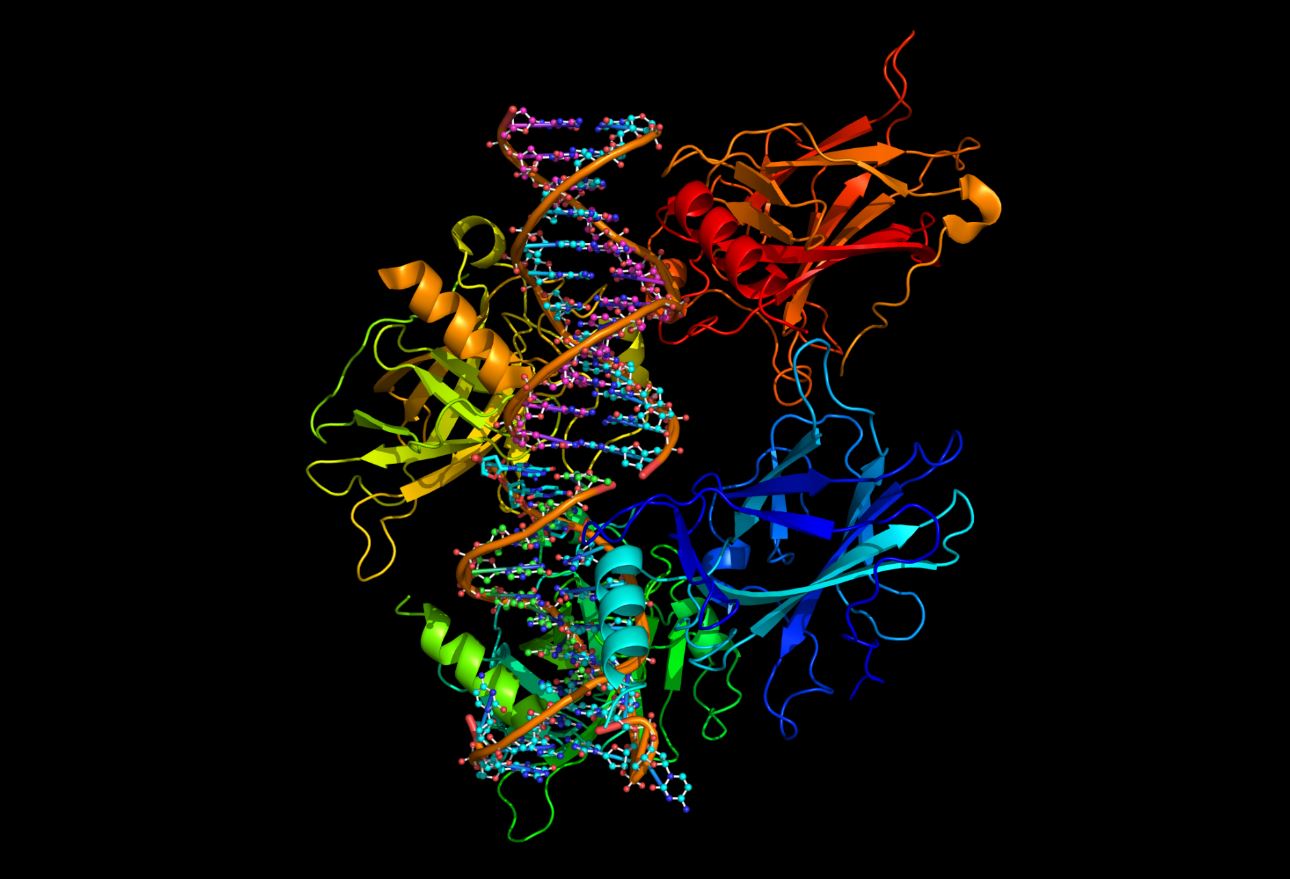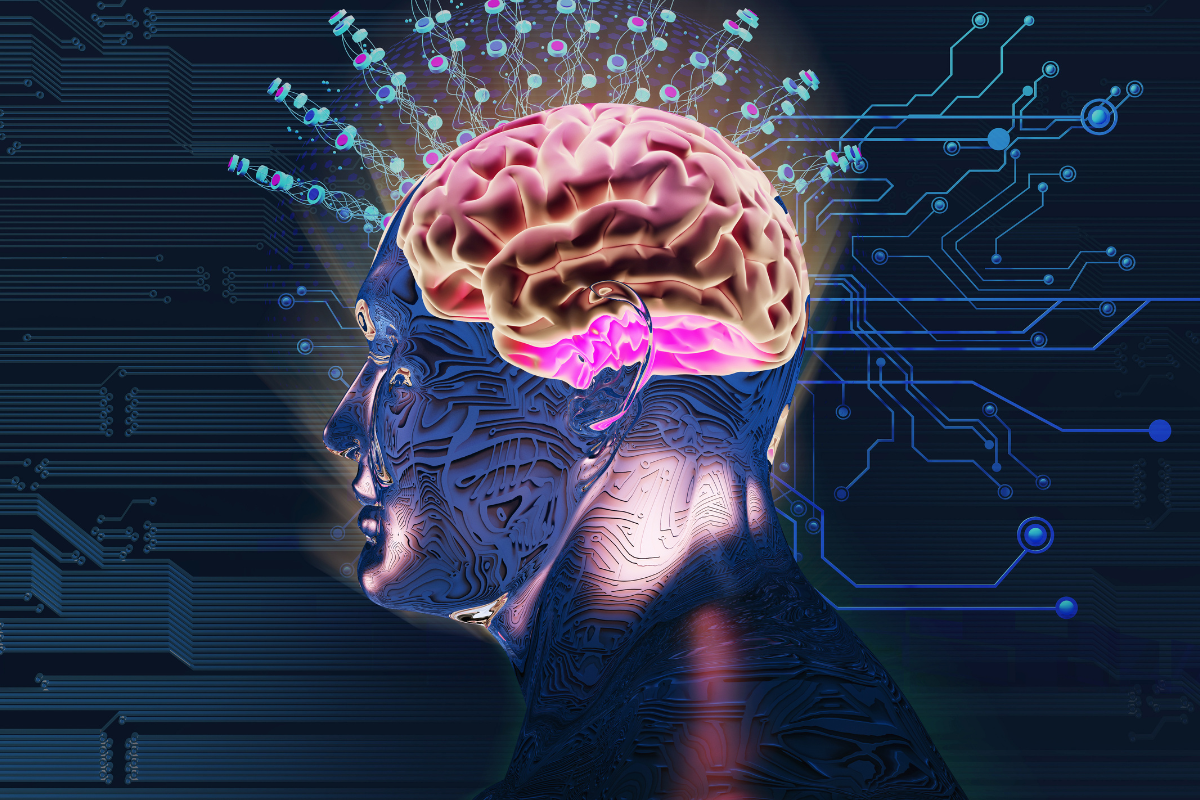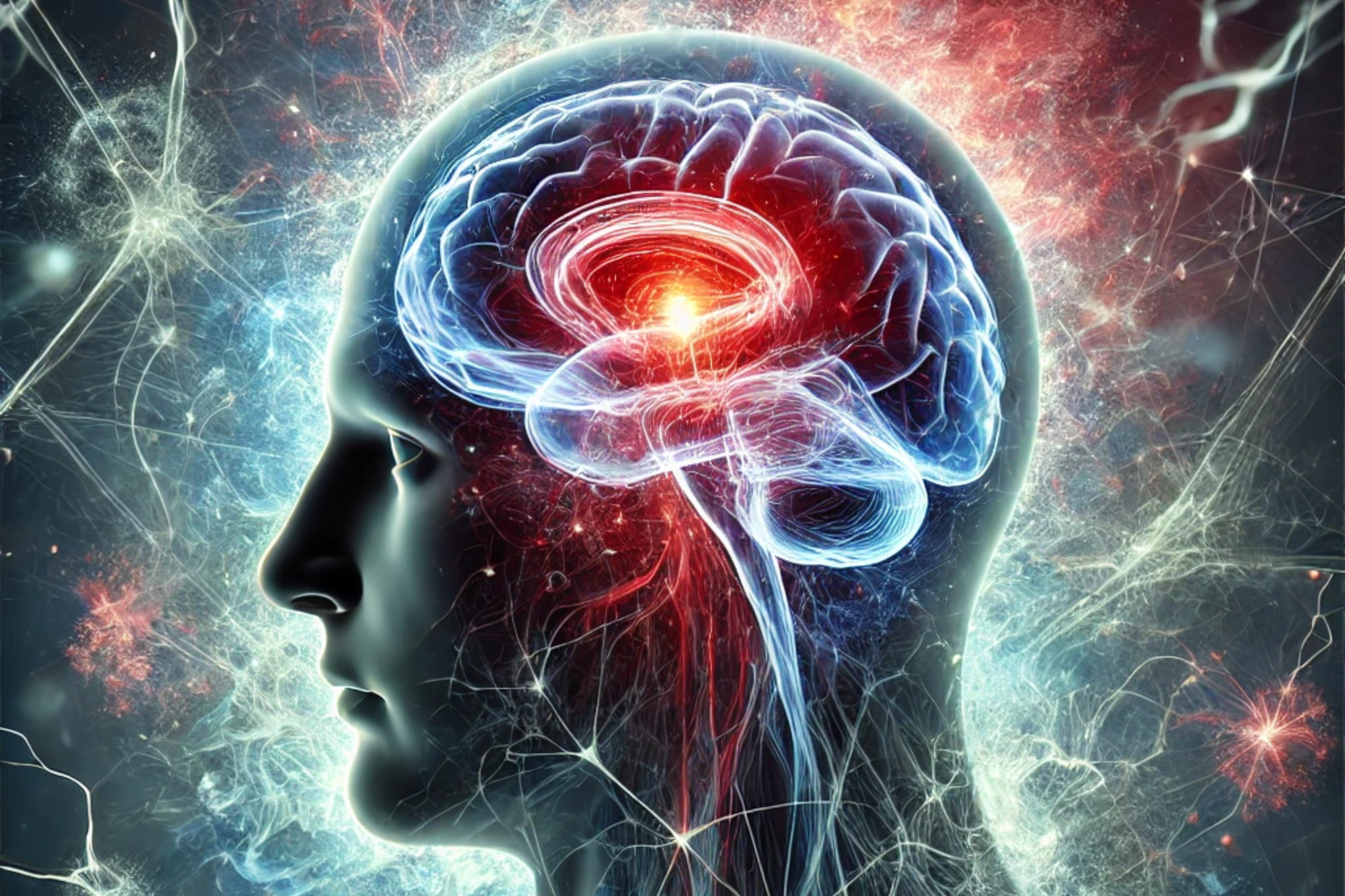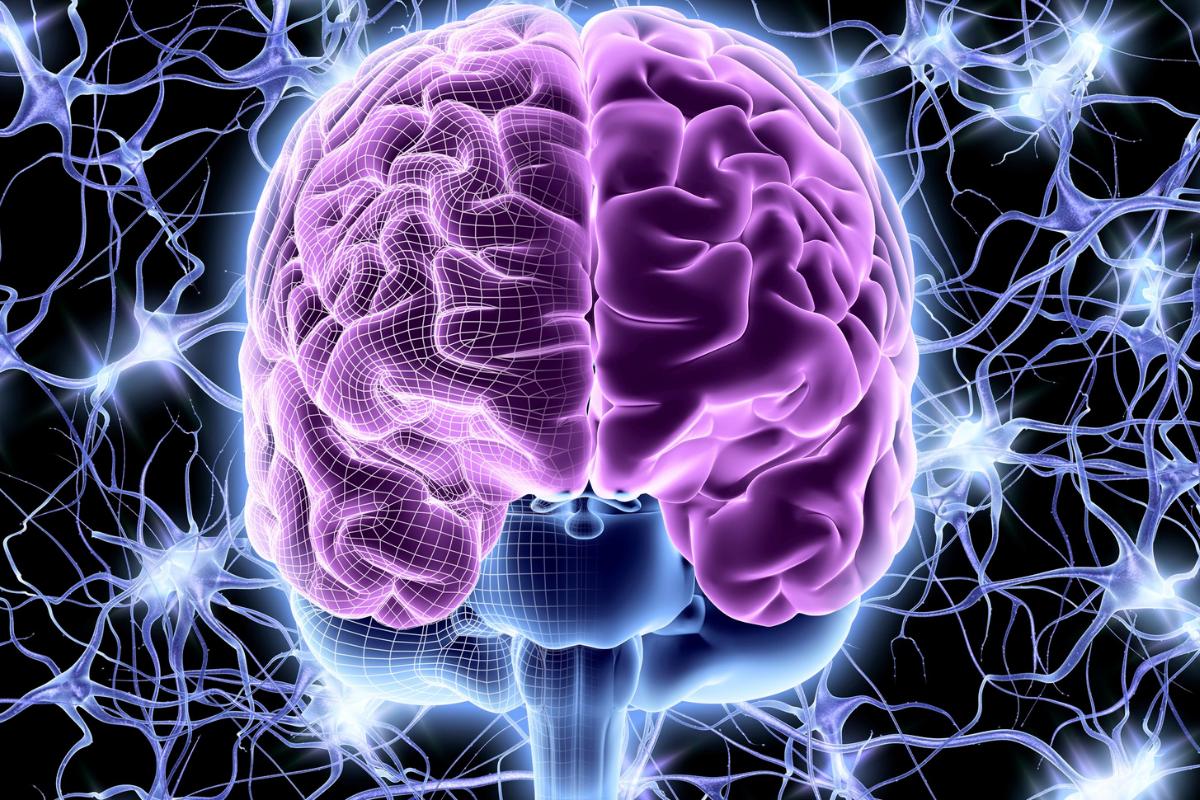By Dr. Petrus Raulino
The neurochemistry of Bipolar disorder is complex and influenced by several risk genes, each with its own characteristics and small effect.
But every little piece of this enormous puzzle has its relevance.
The effects of Bipolar Disorder
Translational research published in the journal Neuron has shown that decreased protein kinase B (Akt) activity can lead to brain changes in the prefrontal cortex of men with Bipolar Disorder.
Akt is a type of protein that adds phosphate molecule markers to other proteins. These phosphate markers act as an on-off switch, changing the way other proteins work and influencing vital functions.
In the brain, these functions include aspects of communication between neurons and can affect mood and thinking.
The Akt family of proteins exerts many of its cellular effects by activating the target protein of Rapamycin (mTOR) through a sequence of intermediate proteins.
In the study, the men with Bipolar Disorder showed reduced activity of the Akt-mTOR pathway in the prefrontal cortex, an important brain region for cognitive processes such as memory and attention.
After observing a correlation between Bipolar Disorder and the quieter Akt pathway in bipolar men, the researchers applied a reverse translational approach, i.e. the study was extended to intervention in an animal model.
Viruses were used to deliver fragmented Akt proteins to the prefrontal cortex of mice. These fragmented proteins replaced the functioning Akt proteins, inhibiting the Akt pathway.
In behavioral tests, the manipulated mice showed memory problems and stopped exploring familiar environments.
On the other hand, they maintained typical social behavior, suggesting that the pathway was not responsible for more complex brain functions.
On examining the brains of the manipulated mice, it was observed that the dendritic spines had been damaged.
The connections between neurons occur through dendritic spines. The destruction of dendritic spines weakens neuronal connections and, consequently, cognitive processing.
Hypoactivity of the Akt-mTOR pathway in Bipolar Disorder in men may be a factor in cognitive deficits - in memory and concentration.
Of course, a single protein pathway cannot explain all the complexity of Bipolar Disorder.
But the research is relevant, as it adds another piece to an immense puzzle. We continue on the path of research.
References
Vanderplow, A. M., Eagle, A. L., Kermath, B. A., Bjornson, K. J., Robison, A. J., & Cahill, M. E. (2021). Akt-mTOR hypoactivity in bipolar disorder gives rise to cognitive impairments associated with altered neuronal structure and function. Neuron.
Gordovez, F. J. A., & McMahon, F. J. (2020). The genetics of bipolar disorder. Molecular psychiatry, 25(3), 544-559.







